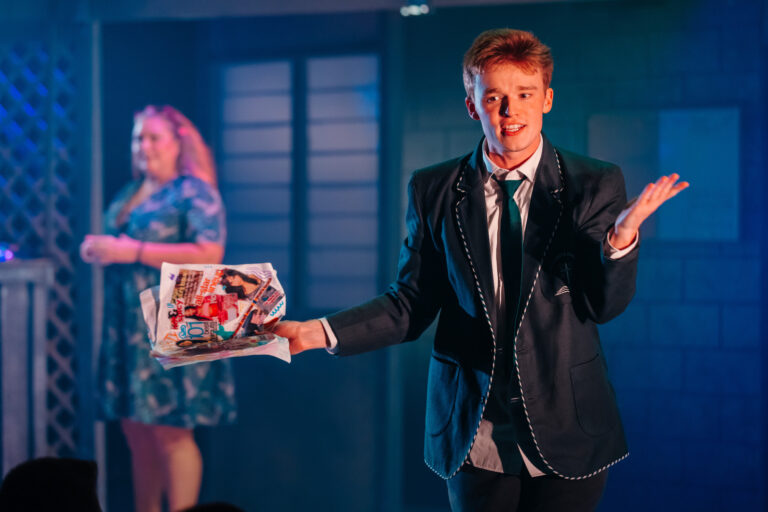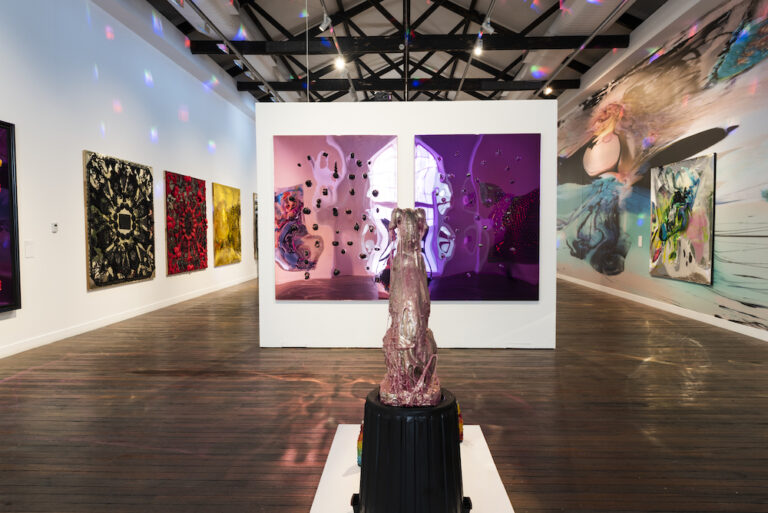
Legislative Council winners and losers

BY ALLISON HORE
Finland has chosen a new prime minister, the Israeli prime minister has secured a re-election, Turkish municipal elections have made headlines around the world, a new date for Brexit has been set and a federal election date has been announced. All while voters in NSW awaited the final results of the Upper House from last month’s state election.
Last Monday, the NSW Electoral Commission finally released the results of the Legislative Council preference count which confirmed the last few seats of the house.
One surprise winner was the Animal Justice Party’s Emma Hurst, a former media officer for animal rights group PETA, which sees the banning of battery caged eggs as a top priority for the state. After preferences, Ms Hurst was able to secure a seat in the Upper House.
Animal cruelty a big issue
“The people of NSW have spoken and animal cruelty is a big issue and it’s something we want to see an end to,” she told reporters after the results were announced. “Australians love animals.”
Although animal rights is the core of the party’s policy platform, Ms Hurst says the Animal Justice Party is not a single-issue party.
“In addition to lobbying for stronger protection of animals, I am also passionate about people and the environment and believe in kindness, non-violence and equality for all,” she says on her website.
Ms Hurst is likely to vote alongside the three Greens members of the Upper House whom the Animal Justice Party preferenced third after Keep Sydney Open and the Sustainable Australia Party.
The final seat in doubt went to One Nation, which now has two seats in the NSW Upper House. This was the first NSW election the party had run in since 1999. Its campaign this year was bolstered by the presence of former federal Labor leader Mark Latham, who was first on One Nation’s ticket.
Rod Roberts, a former Goulburn detective, will take One Nation’s second seat.
Another notable result was that former Senator David Leyonhjelm lost out on a seat, sending his NSW parliamentary career to its grave before it even began. In January this year, he resigned from his position as a senator to contest the NSW election.
Although he had pre-emptively declared himself a victor and updated his Twitter bio to reflect his position as a member of the Legislative Council, today’s results revealed that his party, the Liberal Democrats, did not gain enough votes to secure him a seat.
The Liberal Democrats only secured 0.46% of the vote, less than half the number required to secure a seat in the upper house. Mr Leyonhjelm said on his Facebook post on Tuesday that it was the position of his party on the ballot form that led to the poor result.
“We have always known our libertarian base is small but we usually also attract protest voters and those who confuse us with the Liberal Party,” he explained.
“In this case our ballot position caused voter confusion while the presence of One Nation and the burgeoning support for the Shooters Party syphoned protest votes away from us.”
Following the loss, Mr Leyonhjelm announced that he will be leaving politics entirely.
Also unable to secure a seat in the Upper House was the anti-lockout group Keep Sydney Open. Running in their its first election, the party was only able to win 1.83% of the vote – not enough to win them a seat over One Nation.
“One Nation beat us to the last seat. Everything from our fresh approach, our energetic volunteers, our preference strategy and amazing candidates gave us the best shot possible, but in the end it wasn’t enough,” they posted on Facebook on Monday.
“It was a gruelling campaign, and for our first election, incredibly exhilarating and educational! We are proud of our entire team, and thankful to our supporters for giving us a real chance – it was so close!”
However, it was preferences from Keep Sydney Open that helped get Ms Hurst over the line. The delays in the preference results being announced frustrated minor parties and Independents who often rely on preferences to get over the line.
Minor parties face discrimination
“This unprecedented delay is discriminatory and treats minor parties and their supporters with contempt,” the representatives of the minor parties said in a joint statement recently.
“Our hard-working candidates and supporters deserve to see the results.”
Entering the Legislative Council this term are 8 Liberal/National members, 7 Labor members, 2 Greens members, 2 One Nation members, 1 Shooters, Fishers and Farmers member and 1 Animal Justice party member.
With the presence of so many minor parties, the balance of power in the Upper House remains firmly with the crossbench.









